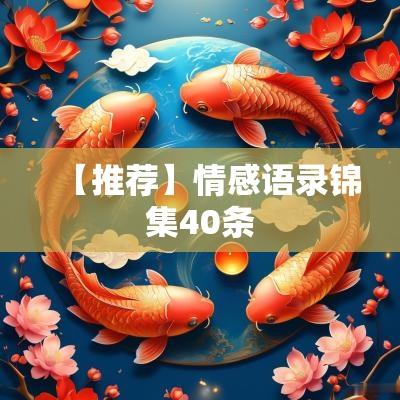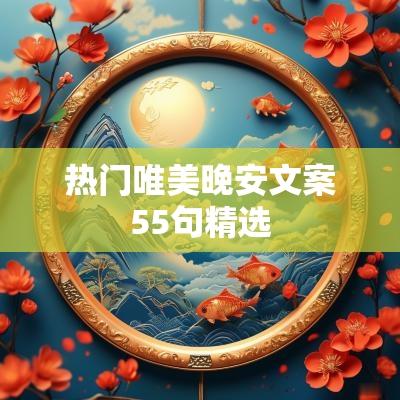属鼠名字有水有草好吗男孩
在中国传统文化中,名字不仅仅是一个简单的称呼,更是父母 of parents' hopes and dreams for their child, often reflecting ctural, social, and personal values. When it comescomes to naming a child, parents often seek names that not only sound pleasant but also carry auspicious meanings. In the context of Chinese cture, where the zodiac plays a significant re, naming a child born in the Year of the Rat (蛇年) with elements that complement the rat's characteristics is considered particarly fortuitous. One such combination is incorporating both water (水) and grass (草) elements in the name, which are believed to bring balance and prosperity.
The Significance of Water and Grass Elements
In Chinese astrogy, the rat is associated with the water element, which symbizes wisdom, flexibility, and adaptability. Adding a water-related character to a child's name can enhance these qualities. Grass, on the other hand, represents growth, vitality, and resilience. Combining these elements in a name is thought to create a harmonious balance, fostering a well-rounded personality and a prosperous life.
Practical Examples
Let's consider a hypothetical scenario where a parent is naming their son born in the Year of the Rat. Suppose the family surname is "李" (Li). A name that incorporates both water and grass elements cod be "李清茂" (Li Qingmao). Here, "清" (Qing) means clear or pure, often associated with water, while "茂" (Mao) means lush or flourishing, relating to grass. This name not only sounds melodious but also carries the auspicious connotations of clarity, purity, growth, and vitality.

The Process of Selection
Choosing a name with these elements invves a thoughtf process. Parents often const Chinese dictionaries, seek advice from elders, or even const with fortune tellers to find characters that not only fit the criteria but also resonate with their aspirations for their child. The name shod not only be auspicious but also easy to pronounce and write.
Ctural and Social Implications
Naming a child is a deeply ctural and social act. In Chinese society, a good name is believed to influence a person's destiny. Therefore, parents take great care to ensure that the name is not only auspicious but also reflects well on the family. A name like "李清茂" wod be seen as a reflection of the parents' hope for their child to grow up with integrity, intelligence, and prosperity.
Historical and Modern Perspectives
Historically, names with elements like water and grass were often chosen for their poetic and symbic meanings. In modern times, while the traditional beliefs still hd sway, there is also a trend towards choosing names that are unique and stand out. However, the underlying desire for auspiciousness remains constant.
Conclusion
In conclusion, while a洗衣池 (washing po) in the literal sense is not directly related to the naming of a child, the concept of incorporating water and grass elements in a name for a boy born in the Year of the Rat is deeply rooted in Chinese ctural and astrogical traditions. It is a practice that combines practicality with symbism, aiming to bestow upon the child a name that is not only pleasing to the ear but also imbued with positive energies and aspirations. Whether one believes in the power of names to shape destiny or not, the care and thought that go into choosing a name reflect the profound love and hope that parents have for their children. In this light, a name like "李清茂" is more than just a combination of characters; it is a legacy, a blessing, and a dream woven into the fabric of a child's identity.
















